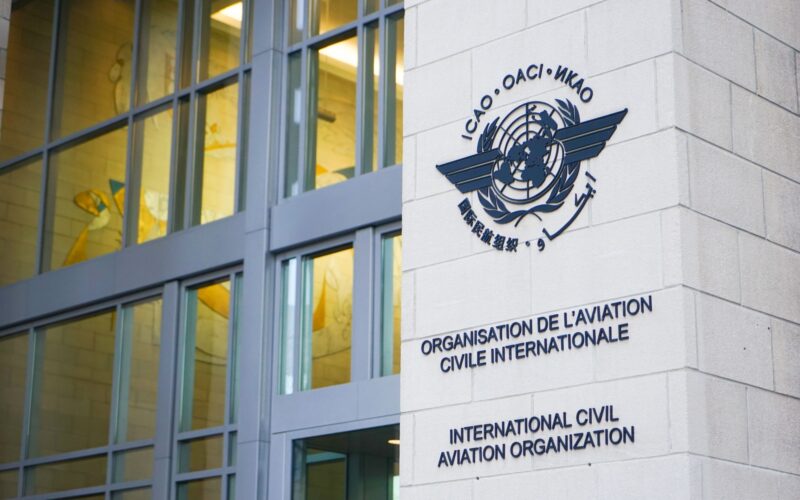The surge of unruly flight passengers in recent years has concerned the International Civil Aviation Organization (ICAO) that it is now seeking to ratify a treaty to prosecute offenders.
The United Nations (UN) global aviation body raised the issue on the 10th anniversary of Montreal Protocol 2014 or MP 14. Adopted on April 4, 2014, the Montreal Protocol extends legal recognition and certain protections to in-flight security officers.
The Montreal Protocol 2014, which came into force on January 1, 2020, has only been ratified by 47 member states from all regions of the world.
Although ICAO is not an aviation regulator or international law enforcement authority, it sets standards for aviation safety and security which member and cooperating states are required to establish and enforce as national rules.
In addition, ICAO facilitates the unity of member states to draft and adopt international
treaties on issues of global concern such as dealing with unruly and disruptive conduct on board aircraft.
Currently, when a passenger becomes disruptive during a flight, the terms of the Convention on Offences and Certain Other Acts Committed on Board Aircraft (Tokyo Convention 1963) come into play. This means that the offender is bound by the laws of the country in which the aircraft is registered, which is not necessarily the country in which the aircraft lands.
In 2019, the agency published the ICAO Manual on the Legal Aspects of Unruly and Disruptive Passengers (ICAO Doc 10117) to provide guidance on possible measures that may be taken
to prevent, deter and address the occurrence of unruly and disruptive passenger incidents under their national legislation, consistent with international obligations.
The manual takes into account changes to the Tokyo Convention brought about by the Montréal Protocol 2014. The manual further features model legislation for offenses committed on board aircraft and guidance for the implementation of administrative sanctions.

